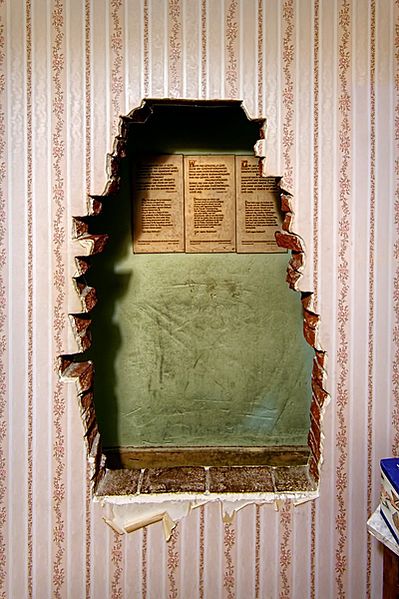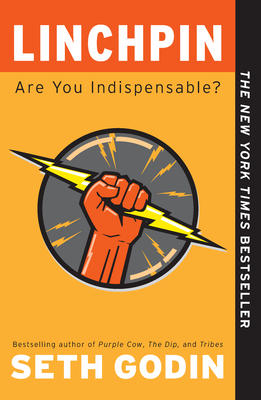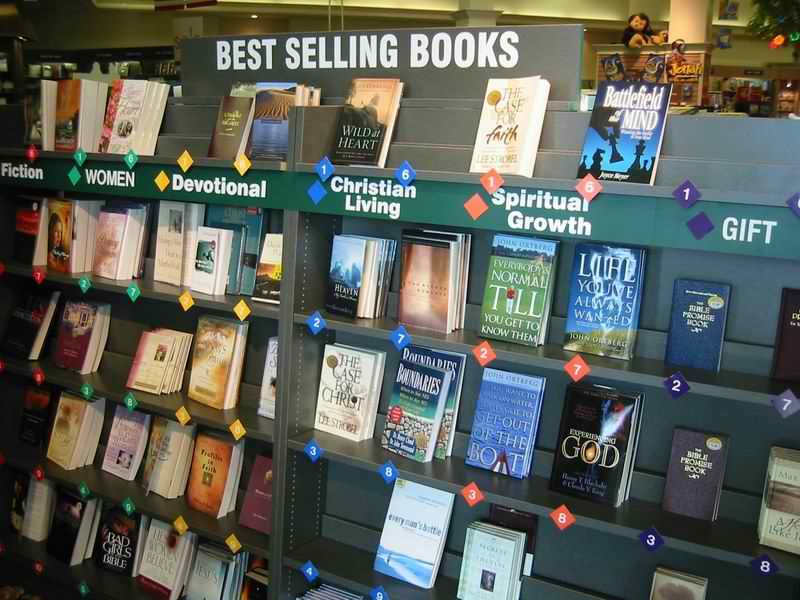
Any mode of communication requires an audience to justify itself. Even someone shouting on a street corner will have someone hear them, if even in passing.
An audience of one only goes so far. While everyone talks to themselves, if you do it too much, you will end up talking to a psychiatrist. However, there are benefits of talking to yourself. Comedian George Carlin once said, “The reason I talk to myself is that I’m the only one whose answers I accept.” At least he was honest.
Anyone who has had any communications training knows that every communicator must have an audience, if not actual, a perceived one. Knowing your audience may be rule #1 of communication, but having an audience is a close second.
In an area of Hyde Park in London, there is a space set aside for anyone who wants to stand up and talk to an audience about anything. Called Speaker’s Corner, until the late 1700’s the area was used for public executions, rather than public elocution. The general consensus today is that the space is better used for talking.
At Speaker’s Corner, anything and everything can and will be discussed. There are a few things that could get you arrested, but not many. One speaker could be talking about taxes and the next minute someone is talking about Jesus, then the next person about how automobile emissions are destroying life on the planet. But there is always an audience.
When you write an email to a specific person, your voice is tailored to that person. If you are copying ten people on the email, your tone will change. If you speak to a friend, you do so in a way to connect with that person in a unique way. If you speak to a group, it is much different…less personalized.
Broadcasting schools train prospective announcers to imagine someone on the other end of the microphone or look at the sound engineer and talk to them. It is the key to moving beyond simple mechanical recitation, which is a danger for those who use a microphone in a studio.
Letters need to be addressed to someone. Speeches need to have an audience. Books need to be written with someone in mind.
Every person is different in how they communicate, just like every writer is different in style. But if you don’t have an audience in mind for whatever you are doing, you most certainly will not communicate to anyone.
Expanding that thought, if you try to communicate with too many audiences, you can appear unfocused in your work. Imagine a target shooter aiming at two different things at the same time. Shooting between them means you miss both. Shotguns are good for skeet, but lousy for explaining audience targeting.
“Everyone” is not a target audience.
If you write a book to encourage a person, imagine someone you know who needs encouragement and keep him or her in mind as you write.
This doesn’t mean you can’t hit an audience of millions, but no book or speech or any kind of communication is or “everyone”. When you write, or speak or communicate anything don’t think of everyone, think of one.










